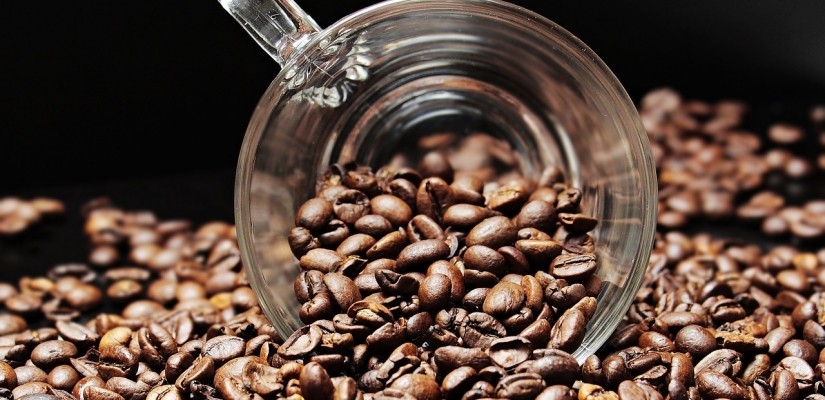The global price of coffee fell to historic lows in 2018, with the price of Arabica beans decreasing by as much as 25% from October 2018 to February 2019. Several factors are affecting this volatility in global coffee prices. One particularly salient one is Brazil, which is the largest exporter of Arabica coffee. Approximately 35% of the global supply comes from this bean, and prices are closely tied to factors affecting its production. Coffee futures traded on international markets, mainly on the Intercontinental Exchange in New York, are highly correlated to the strength of the Brazilian Real.
The leading cause of the drop in prices for coffee in 2018 and 2019 can be attributed to the depreciation of the Brazilian Real. In the period from January to August 2018, the real fell by more than 25%, which was mainly due to the appreciation of the US dollar associated with the trade dispute between the US and China. In 2019, analysts forecast the real to appreciate against the dollar, mainly due to US economic policy as well as a more favorable investment climate for emerging markets. Since Arabica coffee prices are strongly correlated to the Brazilian real, this will cause upward pressure on overall coffee prices. Consequently, the anticipated rise in coffee prices will result in coffee becoming more valuable on international markets. This will give traders an incentive to speculate by selling less coffee and holding on to supplies in hope of further increases in price.

Additionally, a shortening of supply will cause further pressure on rising prices by the end of the year. Coffee has a biennial cycle, which means that a period of good harvest (the on-year) is followed by a period of lower yield (the off-year). 2019 is Brazil’s off-year in its biennial production cycle, thus significantly impacting the global coffee supply. In 2018, Brazilian coffee production amounted to 61.7 million 60-kg bags of coffee. This year, traders anticipate a global deficit of 1 million 60-kg bags, compared to a 4.25 million 60-kg bag surplus for 2018. Overall, this represents a decline of about 8.3% from the 2018’s record crop production. These factors, along with potential weather-related tribulations in significant coffee-producing markets, could lead to a sharp uptick in coffee prices by the end of 2019. According to market research, coffee futures may see a significant rise this year as a result of the potential deficit in global coffee supplies. This increase is yet to come, however. Since the beginning of 2019, coffee prices have continued to slide.
In 2019 and 2020, Brazil's coffee output is estimated to reach between 50.5 million and 54.5 million bags - a record for off-year production that would likely continue to add downward pressure to prices. Since January 2019, Brazil has sustained record export levels, up 26% compared with the same period in 2018 due to a surge in production. Despite this, concerns surrounding low prices and a reduction in tillable crop areas might push the market in the opposite direction. Moreover, global demand has continued to increase and will likely sustain the surge of coffee production.
